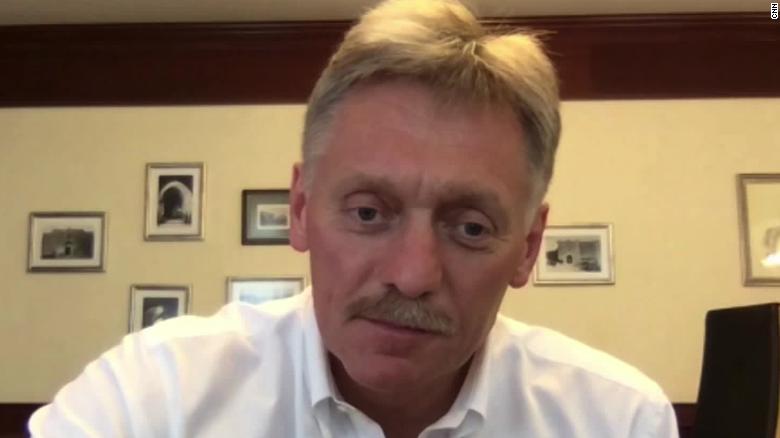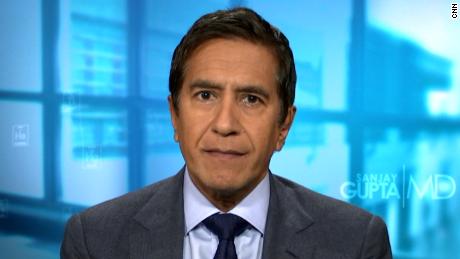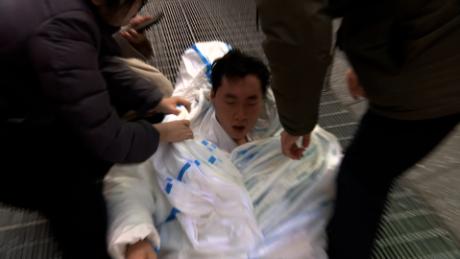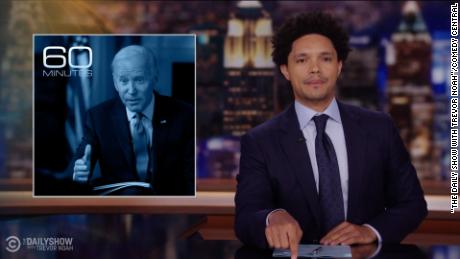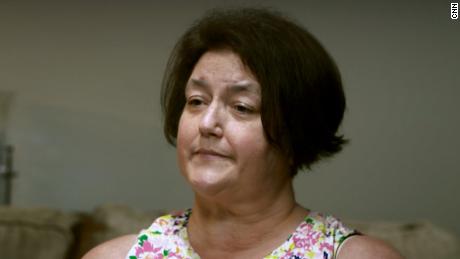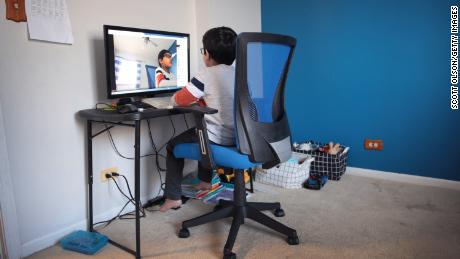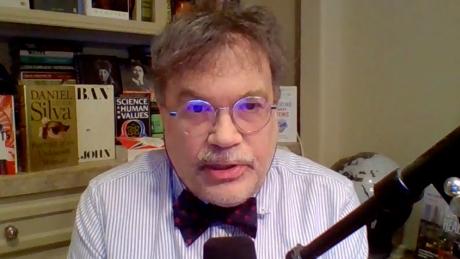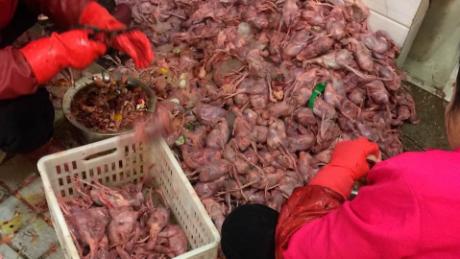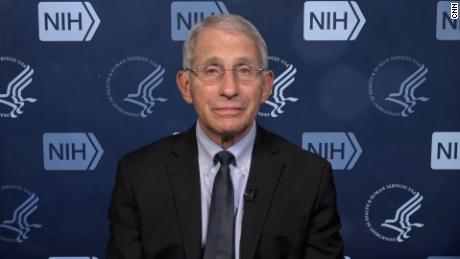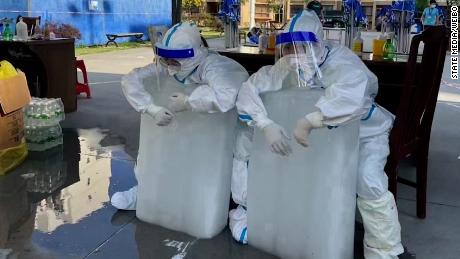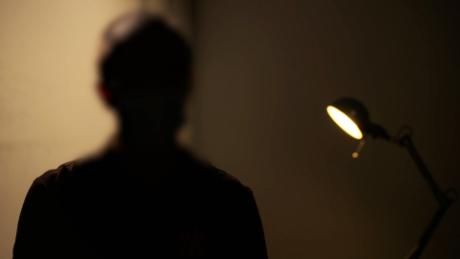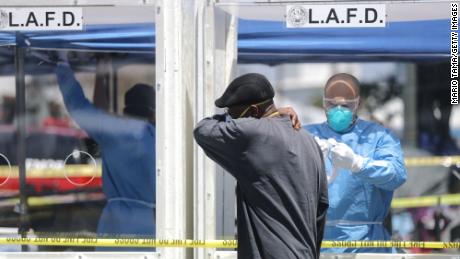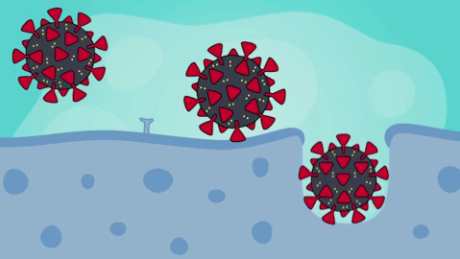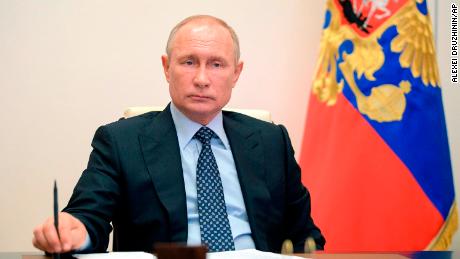Moscow (CNN)Russia has been one of the countries hardest hit by the coronavirus pandemic -- ranking behind only the United States and Brazil in Covid-19 case numbers -- and the government's response has received heavy criticism at home and abroad.
Russian doctors have described critical shortages of equipment, which hospital administrators and local governments deny. Observers have questioned whether Russia is under-reporting mortality figures from the deadly disease. But Kremlin spokesman Dmitry Peskov -- who is back at work after being hospitalized with Covid-19 in May -- is defending his country's handling of the pandemic.
In an exclusive interview with CNN, Peskov said the virus had not posed a domestic political crisis for Russian President Vladimir Putin, and that Russia's healthcare system had saved lives despite coming under major strain.
The pandemic dented usually sky-high ratings for Putin. Independent pollster Levada-Center noted that the Russian president's ratings fell below 60% in April and May, levels not seen since he assumed office two decades ago -- a drop that Peskov dismissed.
"We are concerned about this pandemic, and we are concerned about the impact of this pandemic on the country's economy," Peskov said on Tuesday. "But President Putin has stated numerous times that he doesn't care about his personal ratings, that in politics if you are real statesman, you should not think about your ratings -- because if you think about your ratings, you won't be able to take responsible decisions."
Still, the pandemic did deal a blow to an important political project for the Kremlin, which was forced to postpone a planned referendum on constitutional amendments that would have paved the way for Putin to stay in office until 2036.
Back in March, Putin said the spread of the virus through Russia was "under control." But within a few weeks, Russia had the second-highest number of coronavirus infections in the world -- and the government was forced to postpone the referendum.
Asked what went wrong in Russia's attempts to contain the virus, Peskov said, "Nothing went wrong except for the coronavirus itself. Firstly, we have a number of cities with a high density. And those cities in the world are the most infected cities. That was the case with Moscow."
He also suggested that the country's high number of cases reflected high levels of testing. "Our country uses the maximum possible amount of tests for coronavirus. And the more you test, the more you detect," he said.
The low number of deaths officially recognized as caused by the coronavirus in Russia has been highly controversial, prompting concerns that local officials had manipulated figures. In May, amid a surge in deaths in the city, Moscow's health department said that it only counted deaths that were found through postmortem autopsy to have been caused directly by coronavirus complications -- which amounted less than 40% of suspected cases.
Peskov credits the low death tolls to "effective" healthcare. "Have you ever thought about the possibility of Russia's health care system being more effective?" he said, adding that the public health system had been "giving an opportunity for more people to stay alive."
Yet multiple accounts by medical professionals across the country describe hospitals that are struggling to care for the sick and their own staff. Russian doctors have complained of poor conditions, lack of personal protection equipment, and unpaid wages -- though their accounts have been disputed by officials.
Just over a hundred medical personnel have died so far, according to official figures. Health care workers, skeptical of government figures, have compiled their own unofficial tally of colleagues who died fighting the pandemic: more than 300. Even official reports in state media admit that thousands of medical workers are now infected.
Meanwhile, Putin's political opponents are taking aim at what they say is the Russian president's premature declarations of success in battling the pandemic. They've also criticized the government's controversial decision to send ventilators and other equipment to the United States, even as the virus was spreading around Russia.
Peskov expressed hope that the 2020 US presidential election could present an opening for improved US-Russia relations, and that coronavirus would prompt global discussion about handling future health crises. "We all will have to sit down and to think about lessons of this pandemic for every single country ... [and] for the whole world," he said.
He spoke to CNN on the day that Moscow officially lifted its coronavirus lockdown, allowing Muscovites to walk unrestricted outside their homes and travel around the city without electronic passes. And while thousands of new cases continue to be recorded every day, this step toward normalcy will finally allow the Kremlin's plans to move forward: The government has rescheduled the referendum on constitutional changes for July 1.
